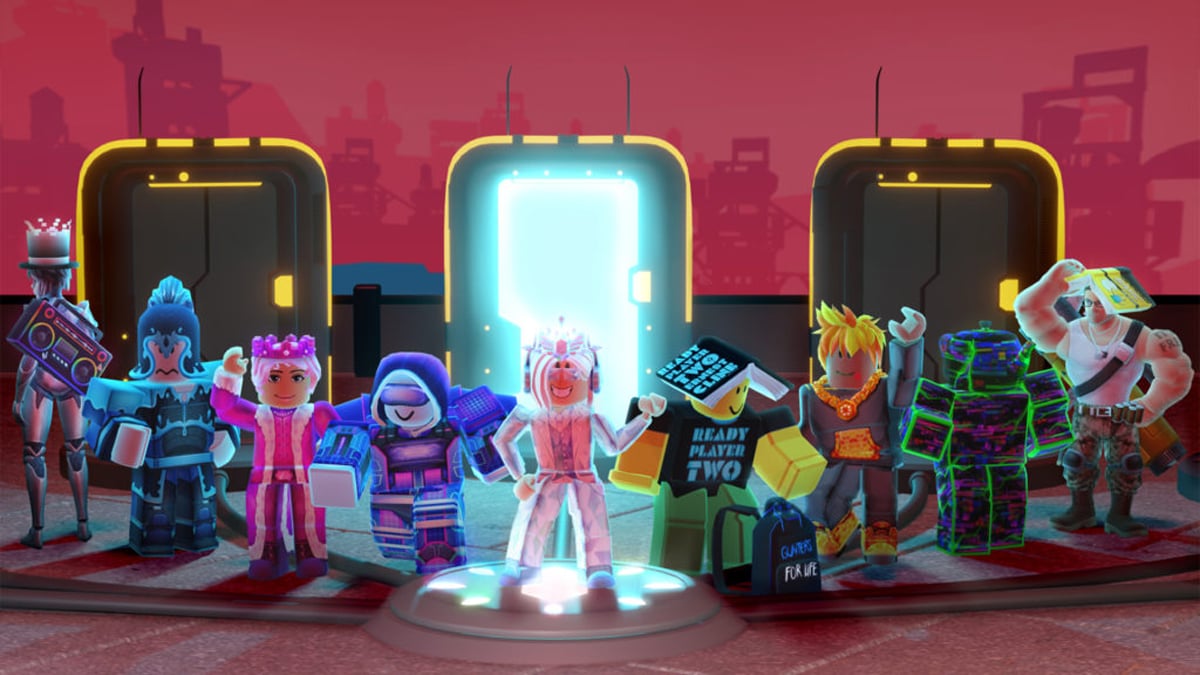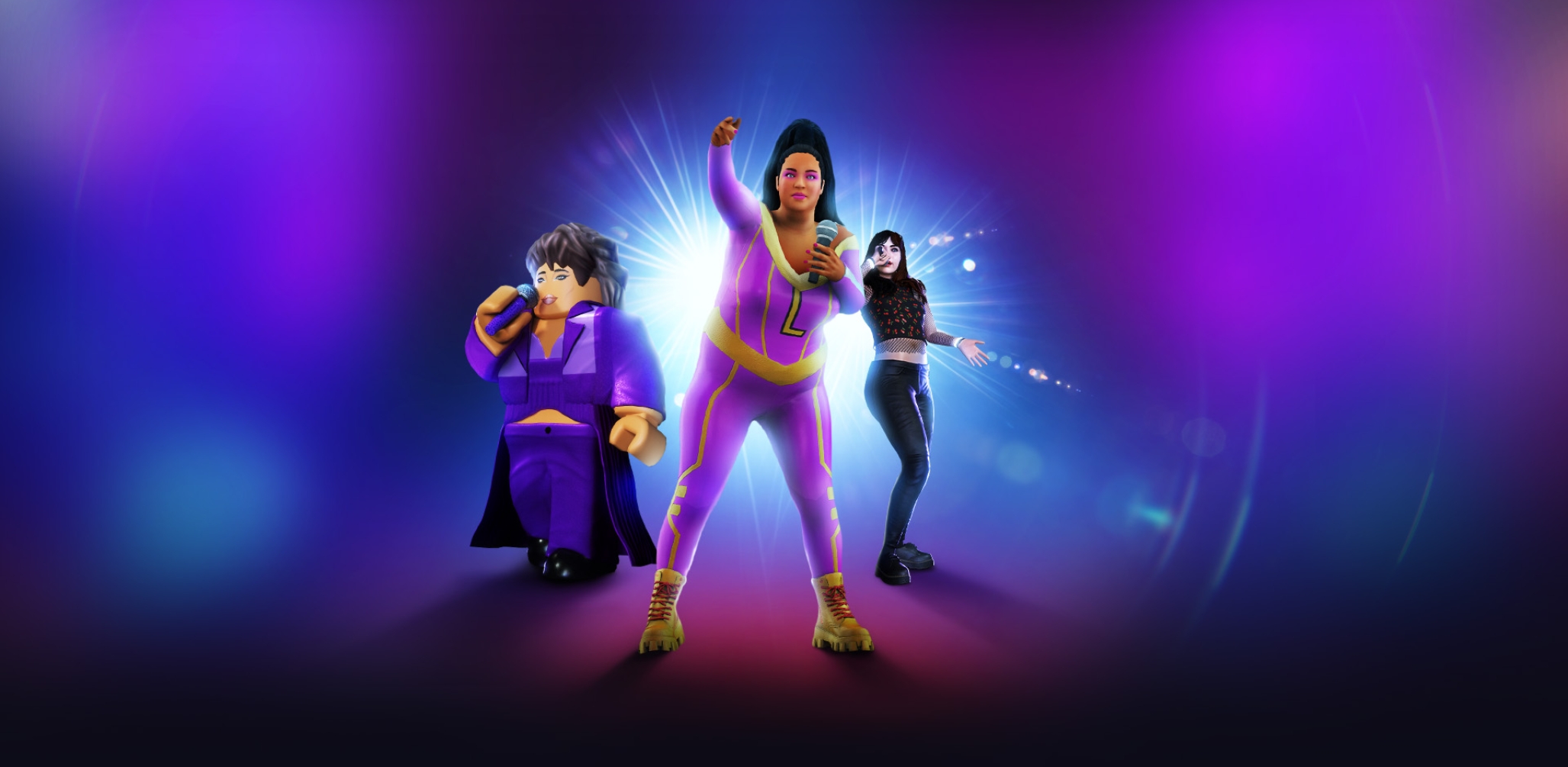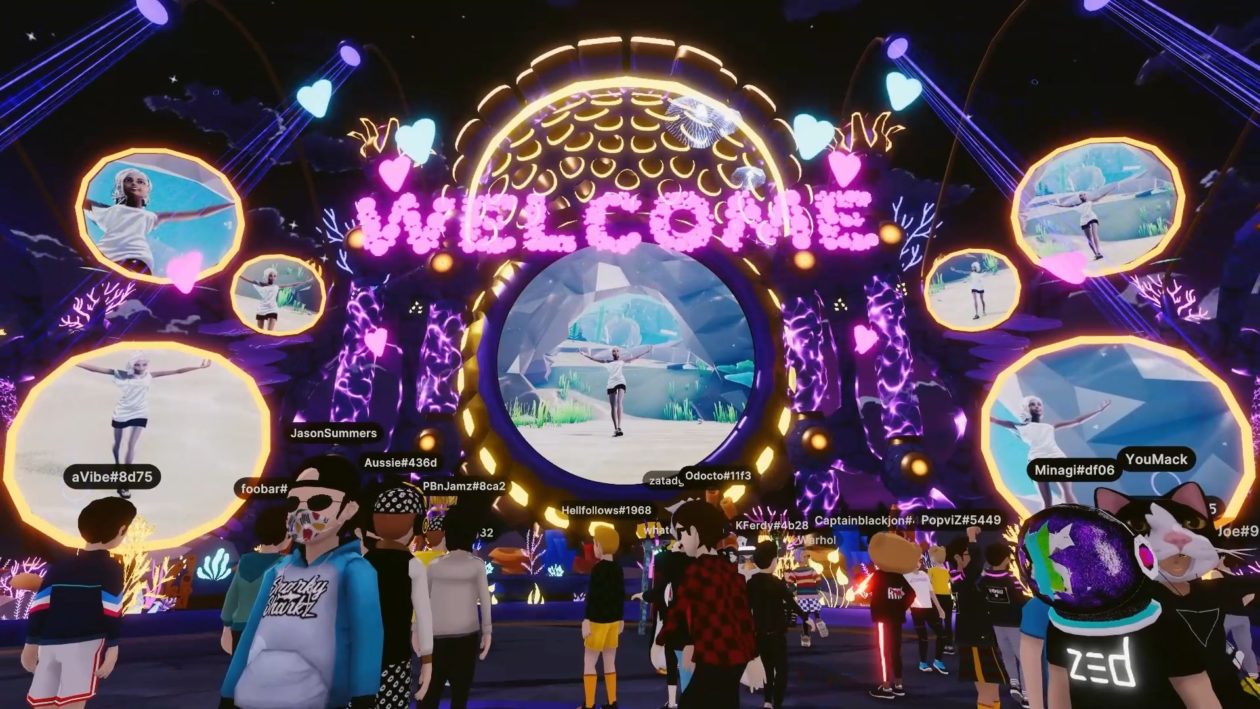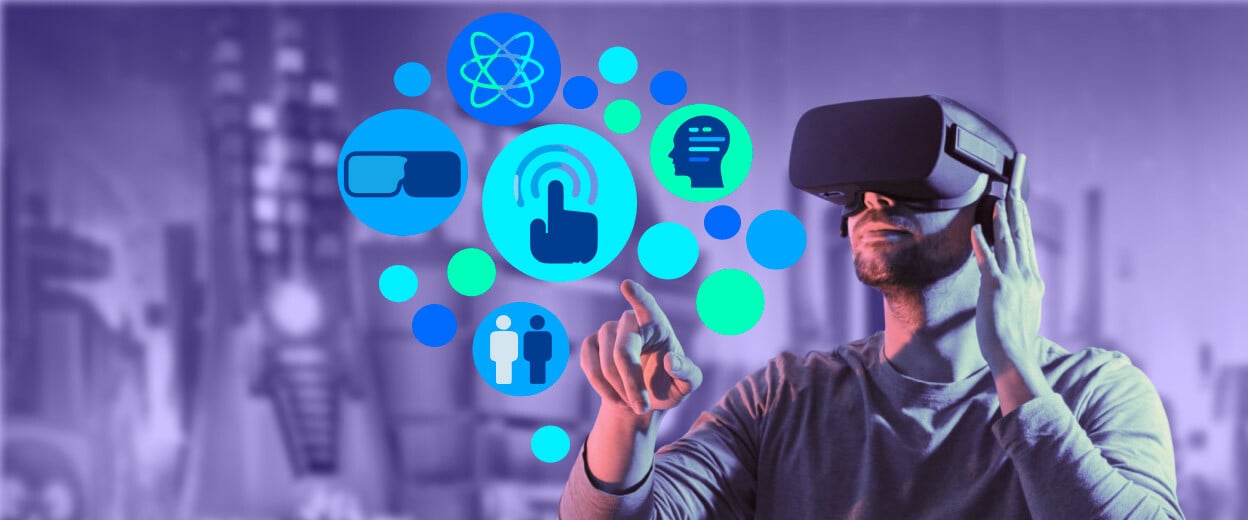Navigating the metaverse
If you’ve kept an eye on the news recently – and particularly marketing press – you can’t have missed the “metaverse”. Along with crypto and NFTs it has become a fully-fledged marketing buzzword.
But is it all just hype? Is the virtual bubble about to burst?
Perhaps we shouldn’t be too hasty. We’ve spent the last few months talking to experts from Logitech, Roblox, Gala Games, Wunderman Thompson and VICE Media Group/Virtue about how digital spaces are changing the rules of creative innovation.
Metawhat?
Put simply, metaverses are 3D digital worlds you can explore, just like in computer games Fortnite or Grand Theft Auto.
As connectivity and VR technologies advance, these spaces are becoming real time and more immersive – creating new possibilities in the way people connect and interact in a digital world.
The platform for progress
To gamers, metaverse platforms are nothing new. The rest of the world is just catching up. So it’s unsurprising that the gaming industry is leading the way.
Platforms like Gala Games and Roblox bring together communities of millions – creating, developing, connecting and playing immersive metaverse games online.

“The metaverse gives you something to engage in, where you’re controlling the experience.” Sarah Buxton, CEO, Gala Music
With over 230 million registered users on Roblox, it and other digital communities present a significant opportunity for brands. But is it also a risk?
Defying logic
Logitech recently took the plunge, hosting the world’s first music awards show in the metaverse on Roblox. The Logitech Song Breaker Awards was a significant, bold departure from a brand traditionally focused on product marketing – selling equipment that makes people’s computers work better.

But it makes complete sense for a brand to meet its customer in the space they spend their time. Connecting with gamers and creating a pioneering experience in their world is helping Logitech shift the conversation from the functional (equipment) to the emotive (experiences). The key to their success was in the relationships they built with the creators
“We didn’t want it to be transactional. We want it to be a real relationship, a real partnership. So when we decided to show up in the metaverse, it’s not about us, it’s about who we want to support.” Najoh Tita-Reid, CMO, Logitech
Using data to stay human
Old methods of mining data and targeting people based on their search history alienates the exact person you’re trying to reach. But using data to draw insight, humanising it and connecting with people in a meaningful relevant way can pay dividends. Jason Carmel from Wunderman Thompson agrees:
“What I'm excited for is being able to use data to connect with people much more authentically, instead of assuming that data is something that I can rip from you. It's about giving people an idea, an experience.” Jason Carmel, Chief Data Officer, Wunderman Thompson
Imagine you’re hanging out with friends online and an uninvited brand stumbles in. It’s like the drunk guy at the party. Listen, build relevance, understand what’s important to audiences and build experiences for them to cut through. Don’t just broadcast from brand to customer.
In tune with your audience
Logitech is making moves in the metaverse. But where do opportunities lie for other brands? Well, live gigs broadcast digitally are nothing new. But how you can experience them will be unrecognisable tomorrow.
Logitech’s Song Breaker Awards saw Lizzo perform live in the Roblox metaverse. And games like Fortnite have hosted concerts for the likes of Travis Scott and Arianna Grande. Brands who can enable these experiences become more appealing, bringing something new and memorable to the table. It’s a lasting connection you can’t achieve with traditional advertising, and creates content that can be reused and recut to extend reach and value - it’s what we describe as a live marketing campaign.
Rocki is a music platform using blockchain and NFTs to give artists control and earn a living from their creativity. Bjorn Niclas, Rocki CEO sees a world where the metaverse gives audiences anywhere the opportunity to experience a gig live.
“The metaverse gives us the opportunity to perform in a digital world. Engage with communities on a global basis. Have a full-on live experience within the metaverse.” Bjorn Niclas, Rocki
Which means artists and their record labels can go from a niche local act to achieving mass global appeal fast. The same is true for entertainment brands and sports teams who will be able extend their reach and appeal like never before. Imagine being on the finish line of the Olympic 100m finals from the other side of the world. Or connecting with your club and experiencing them play live no matter where you are.
Handing over the creative reins
From video calls to tailored education and how we connect with healthcare professionals, the opportunities for brands are vast. But success means creating experiences people want to be part of. As Najoh from Logitech pointed out: be less transactional. More conversational. Be part of the community and help to build it.
Collaboration and co-creation will be key in emerging digital spaces. That means giving people the tools and freedom to experiment. Brands should be prepared to hand over the reins of their identity: rigid, fiercely guarded brand bibles risk stifling creativity and participation. Chris Garbutt, Chief Creative Officer at Vice Media Group/Virtue sees it like this:
“Our job is to choreograph a much bigger platform idea, invite the community in to co-create with us and collaborate with us.” Chris Garbutt, Vice Media Group
Placing trust in influential people can pay dividends in the long run and give brands a shortcut to credibility and a way into the communities they seek to connect with.

Exclusion not included
Participation is key. The promise of the web is to bring people closer together. Metaverses are the next step forward with the potential to liberate and connect oppressed and minority groups across the world. Making sure the technology is equally distributed and alleviates inequality, rather than exacerbates it, is central to success. Brands that are relevant to these communities can play a big role in making sure they are included.
Powerful experiences will use the strength of the medium instead of simply trying to recreate reality. Whether in metaverse or real life (or simultaneously in both) experiences need to stand out, be better than average. It’s not enough to simply “be” in the Metaverse. We’re just at the beginning - be prepared to try things on and get them wrong. To fail fast and try again. There’s opportunity and risk in trying anything new and innovating. But the biggest risk is waiting on the sidelines and watching others take the lead.







